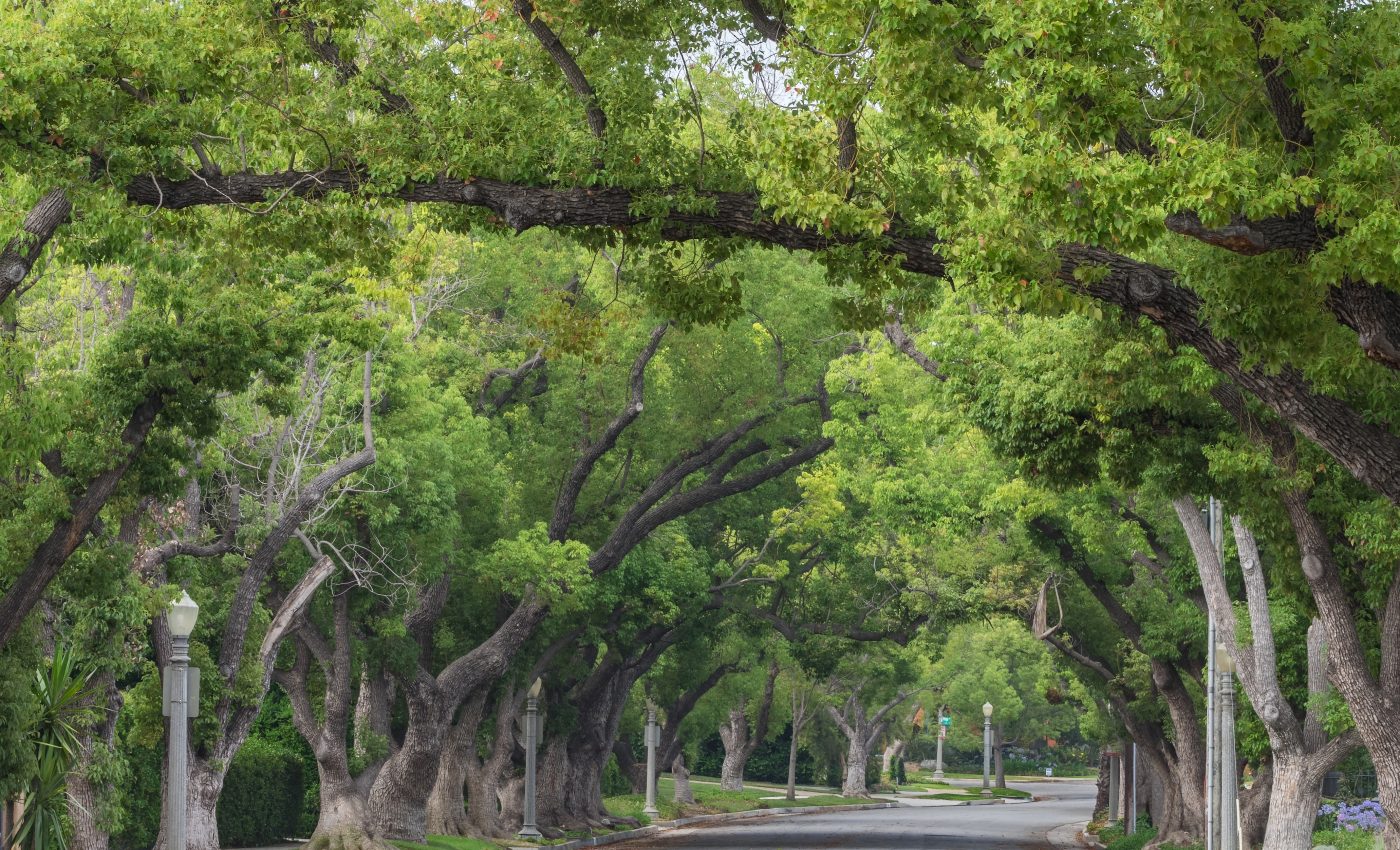
Urban tree canopy can prevent hundreds of premature deaths
A new study has revealed that increasing tree canopy in urban areas could prevent between 271 and 400 premature deaths per year. A team of experts led by Michelle Kondo of the USDA Forest Service investigated the city-wide health impacts of tree cover in Philadelphia.
The study shows that increased tree canopy or green space can reduce premature deaths among urban populations. According to the researchers, the effects will be the most profound in areas with lower socioeconomic status, where existing tree cover tends to be the lowest.
“In recent weeks, as residents of many cities experienced quarantine conditions, we experienced a heightened need for public green space,” said Kondo.
“While the COVID-19 pandemic has meant that we need to pay attention to our proximity to other people and take precautions to limit our contact, time outside in parks and forests has been critical to maintaining our mental and physical health.”
The study was focused on Greenworks Philadelphia, an initiative designed to increase tree canopy to 30 percent across the city by 2025. The experts wanted to know how this project would potentially impact human mortality.
The analysis is one of the first to use a tool developed by public health researchers in Spain and Switzerland, the Greenspace-Health Impact Assessment, to evaluate the health benefits of exposure to greenspaces.
The team estimated the annual number of preventable deaths associated with projected changes in tree cover in Philadelphia between 2014 and 2025.
The researchers calculated that increasing urban tree canopy to 30 percent in all Philadelphia neighborhoods could prevent 400 deaths annually.
The researchers also found that a lesser extent of tree canopy expansion would still produce enormous health benefits. Increasing tree cover by just five percent was linked to an annual reduction of 302 premature deaths, and a 10-percent increase was linked to a reduction of 376 deaths
Kondo said the findings support the idea that urban greening efforts are worthwhile, even at modest levels.
“Bringing all of Philadelphia, and particularly its poorer neighborhoods, up to the 30% goal of tree canopy cover is not without challenge,” wrote the study authors. “Nevertheless, policies are warranted that value urban greening efforts as health-promoting and cost-saving measures.”
The study is published in the journal The Lancet Planetary Health.
—
By Chrissy Sexton, Earth.com Staff Writer













